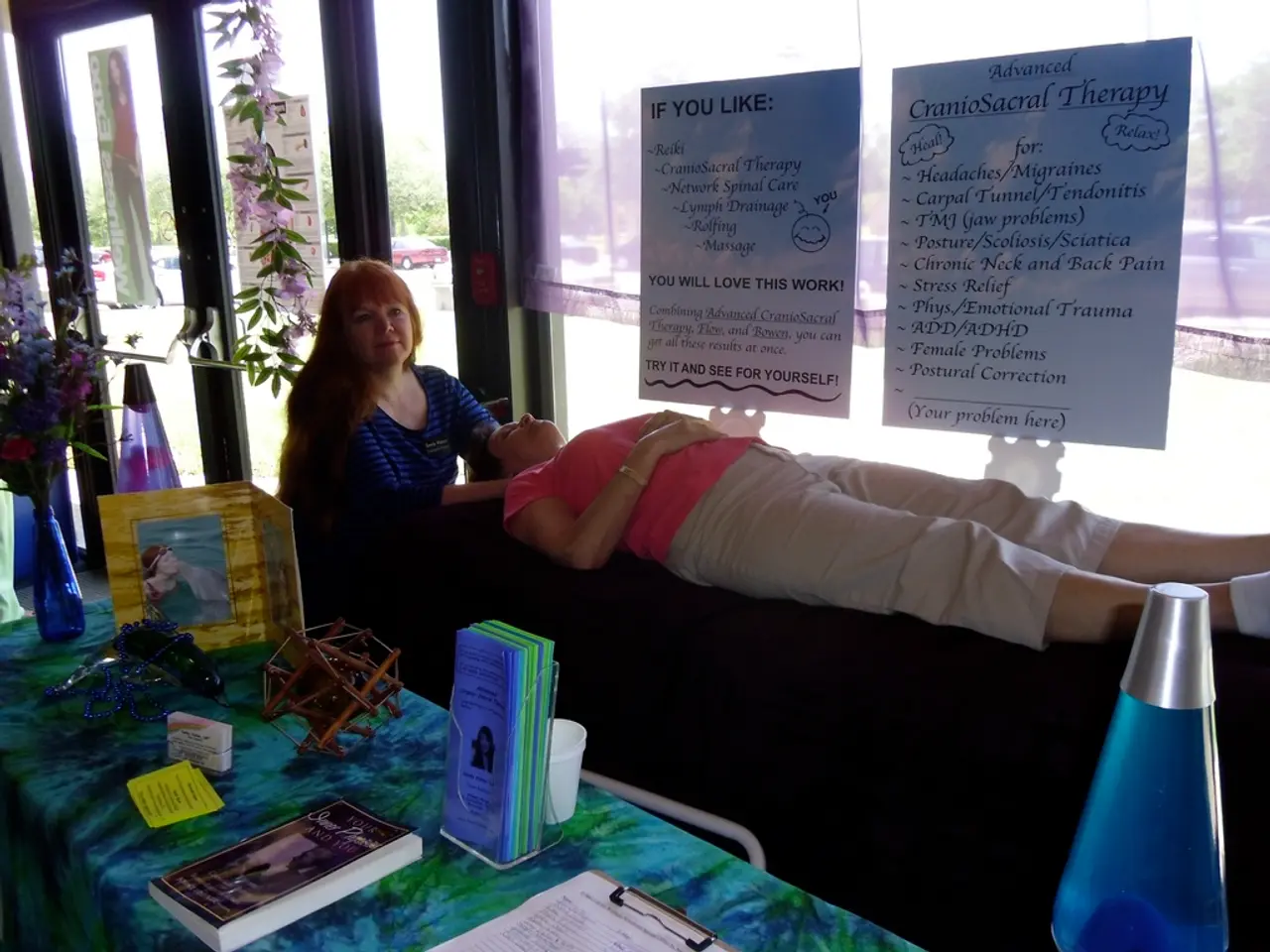Soothing Anxious Attachment: Strategies to Manage
Anxious attachment, a condition characterized by deep-rooted fears of abandonment, insecurity, and anxiety, can significantly impact one's emotional well-being and relationships. However, with a combination of self-awareness, therapeutic interventions, and personal practices, it is possible to shift from an anxious attachment style towards a more secure and fulfilling way of relating to others.
**Self-Awareness and Reflection**
Understanding the moments that evoke strong emotional responses in you is the first step towards healing. Reflecting on past experiences can help reveal patterns and triggers, enabling you to identify your personal triggers for anxious attachment. Questioning your fears can help determine whether they are rooted in reality or past experiences, providing valuable insights into your emotional responses.
**Therapeutic Interventions**
Attachment-based therapy and Cognitive Behavioural Therapy (CBT) are two therapeutic interventions that can be incredibly beneficial for individuals with anxious attachment. Attachment-based therapy helps reframe core beliefs and work on building secure attachments, while CBT is useful for addressing distorted thinking patterns and behaviours associated with anxious attachment.
**Self-Soothing Techniques**
Grounding techniques, breathwork, journaling, and positive self-talk are all effective self-soothing strategies for individuals with anxious attachment. Grounding techniques like naming things you see, feel, or hear can help ground you in the present moment, reducing feelings of overwhelm. Breathwork and journaling can help calm anxiety and process emotions, providing a constructive outlet for your feelings. Positive self-talk can reassure you in stressful situations, helping to manage your reactions effectively.
**Boundary Setting**
Establishing clear boundaries and practicing assertiveness are crucial for preventing over-involvement and emotional exhaustion. Recognizing what you are and are not responsible for in relationships can help maintain a healthy balance in your relationships.
**Corrective Relational Experiences**
Engaging in relationships where you experience emotional availability and respect can help rewire old attachment patterns. Recognizing that safety and love can be consistent can help alleviate fears of abandonment and promote a more secure attachment style.
**Emotional Resilience and Self-Esteem**
Enhancing self-esteem and developing emotional intelligence can significantly improve your ability to handle frustration and concern. Reducing shame and enhancing your self-image through self-reflection and positive affirmation can help build a stronger, more resilient emotional foundation.
**Consistency and Patience**
Healing from anxious attachment is a gradual process that requires consistent effort and patience. Understanding this can help you approach your healing journey with a realistic and sustainable mindset.
By incorporating these techniques into your daily life, you can begin to shift from an anxious attachment style towards a more secure and fulfilling way of relating to others. Whether it's through self-awareness, therapeutic interventions, or self-soothing techniques, the journey towards healing is possible and worthwhile.
Embracing the concepts of relationship-focused astrology, or 'love readings', can offer further insights into your emotional patterns, helping you navigate your personal relationships more effectively.
Incorporating 'education-and-self-development' resources dedicated to mental health can equip you with knowledge about anxious attachment and provide strategies for overcoming it.
Achieving 'health-and-wellness' and 'personal-growth' often involves cultivating mindfulness practices, which can complement self-awareness and reflection as well as self-soothing techniques in managing anxious attachment.
Lastly, cultivating a 'lifestyle' that prioritizes self-care and emotional resilience can have long-lasting positive effects on your emotional well-being and relationships, fostering a more secure and fulfilling way of relating to others.




